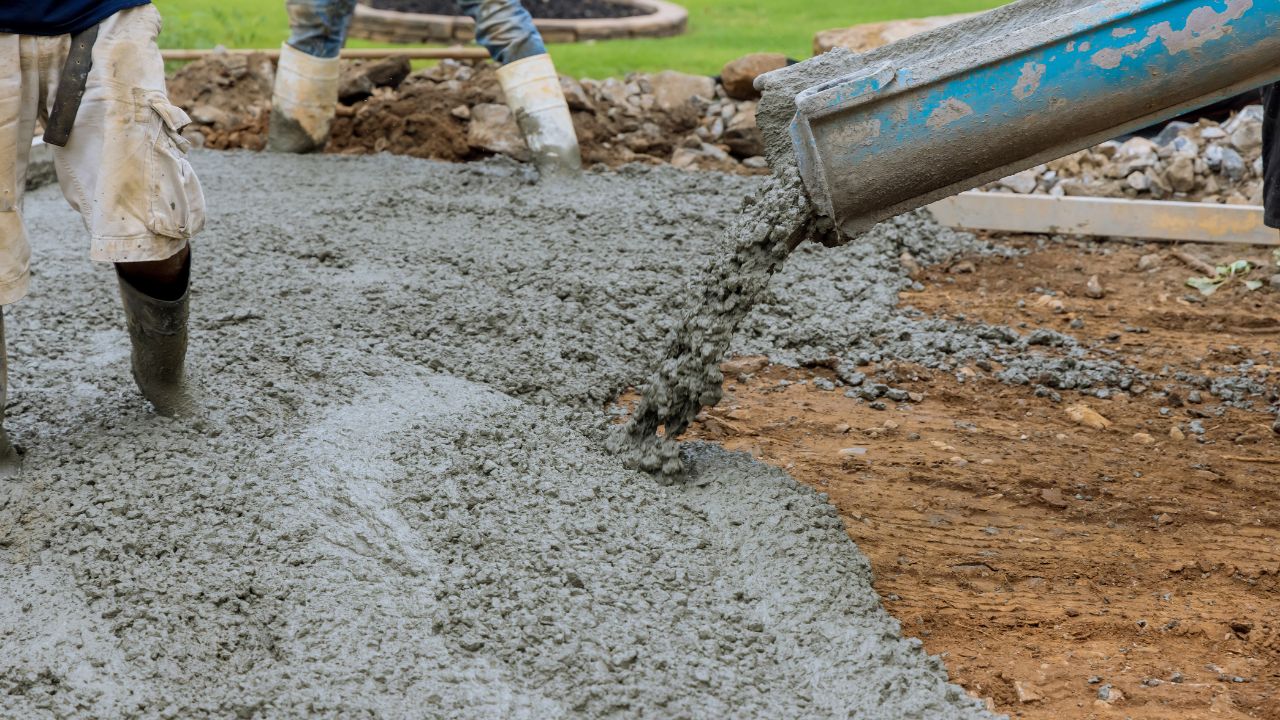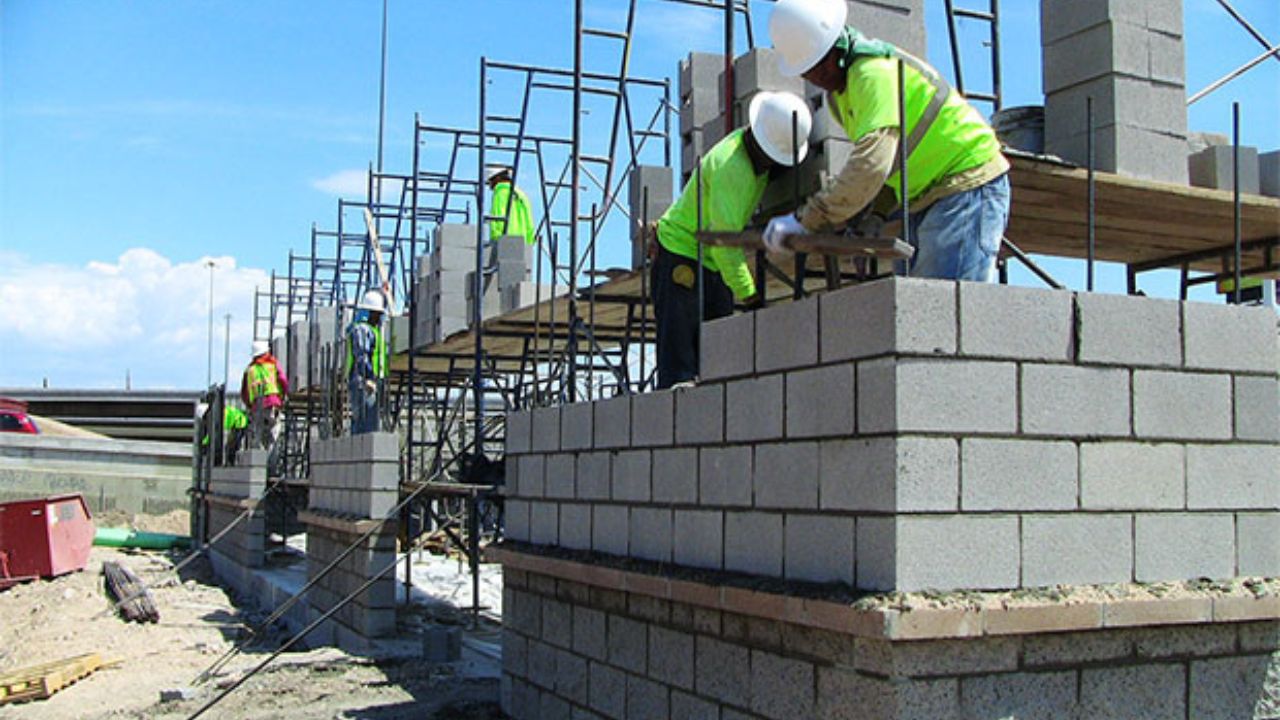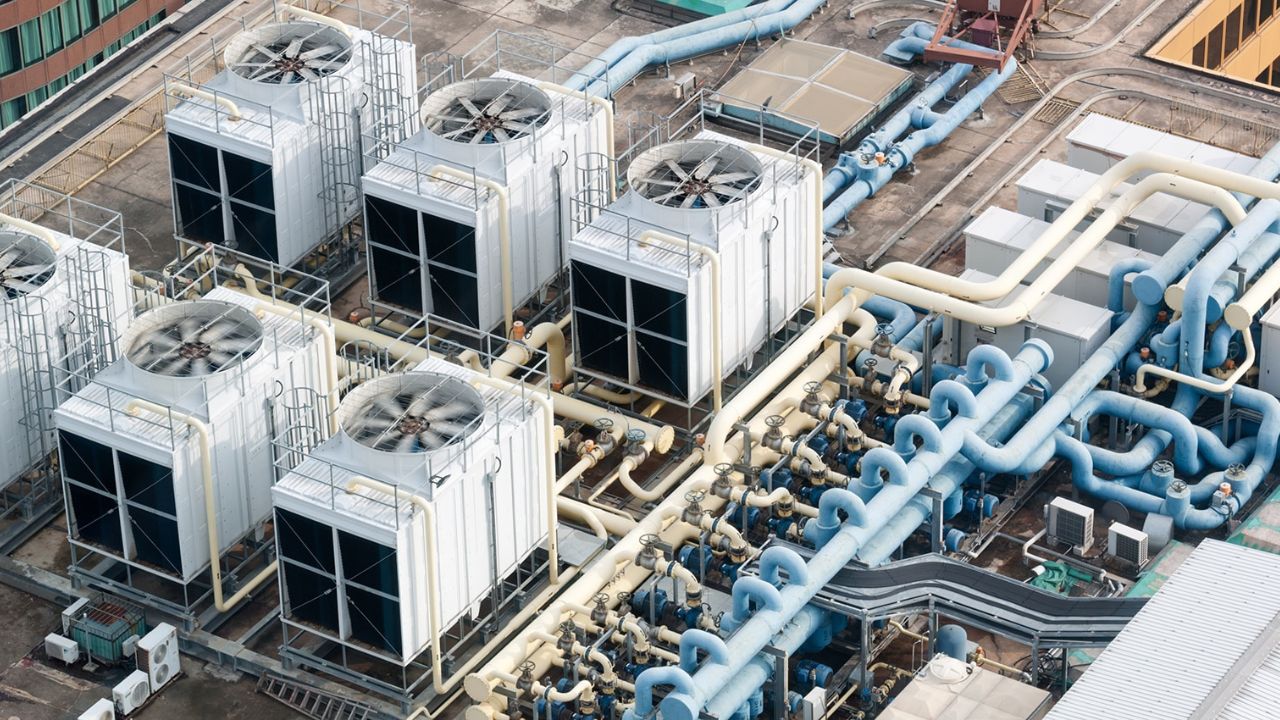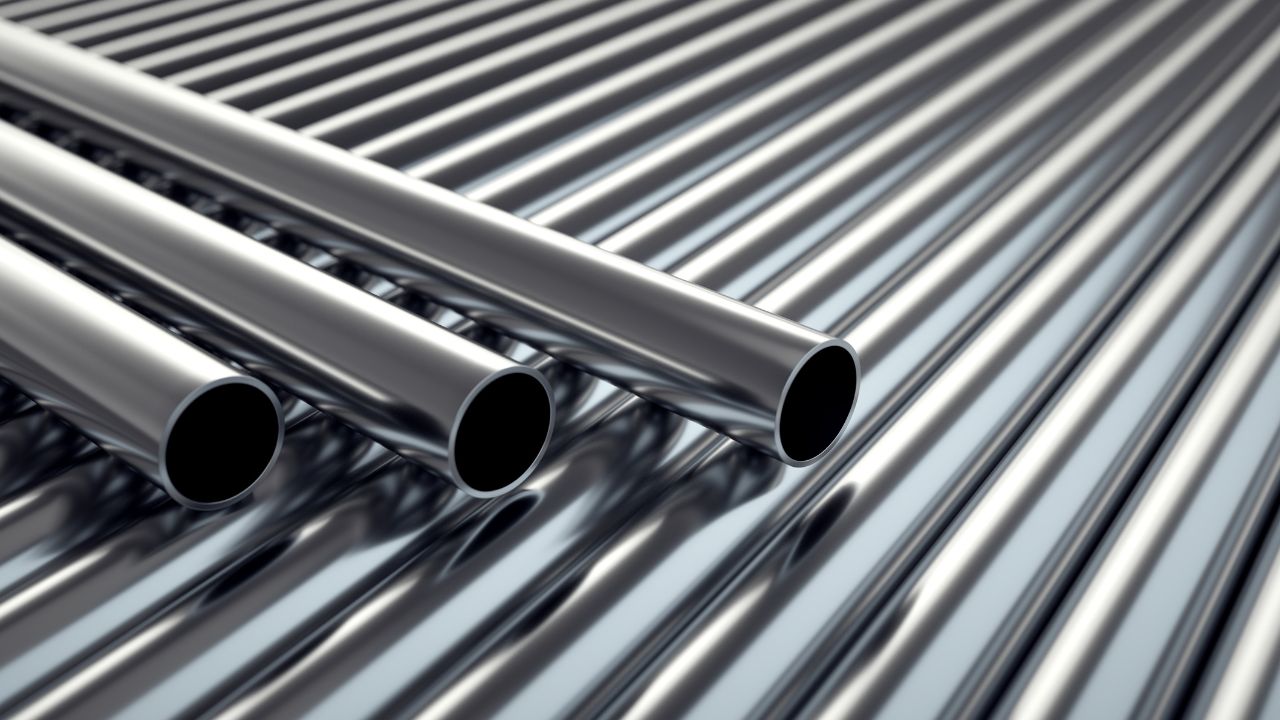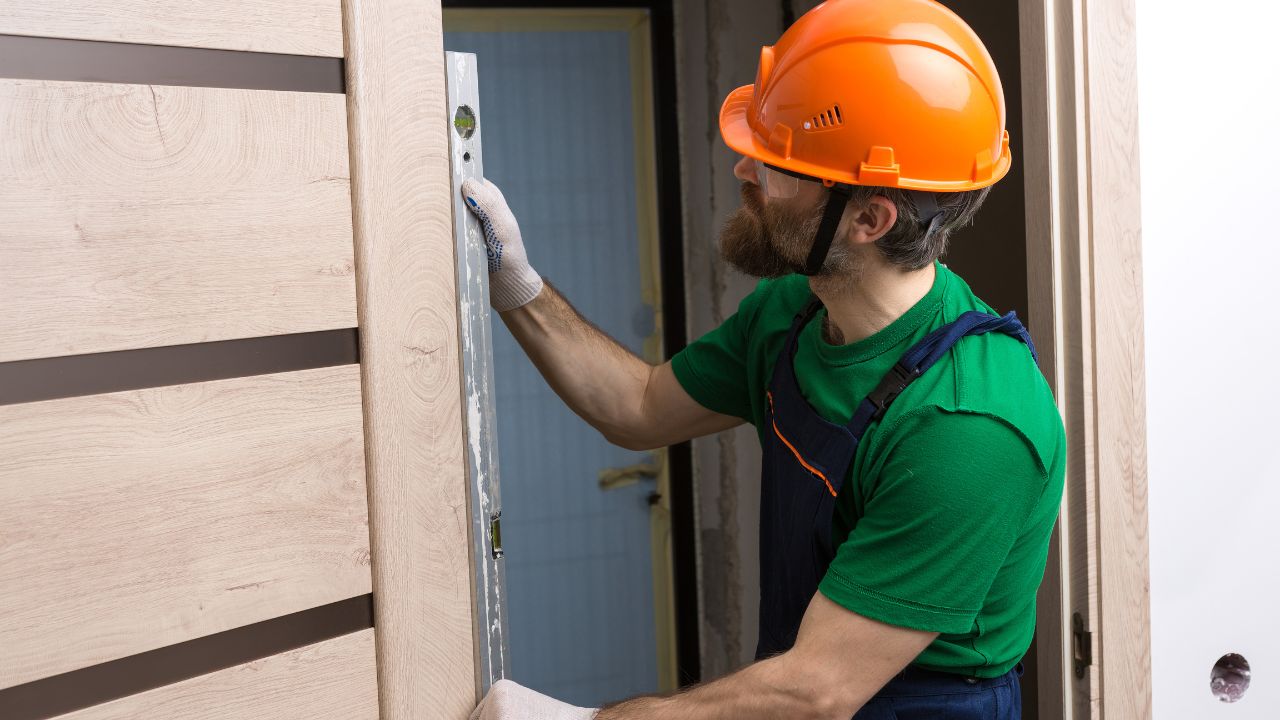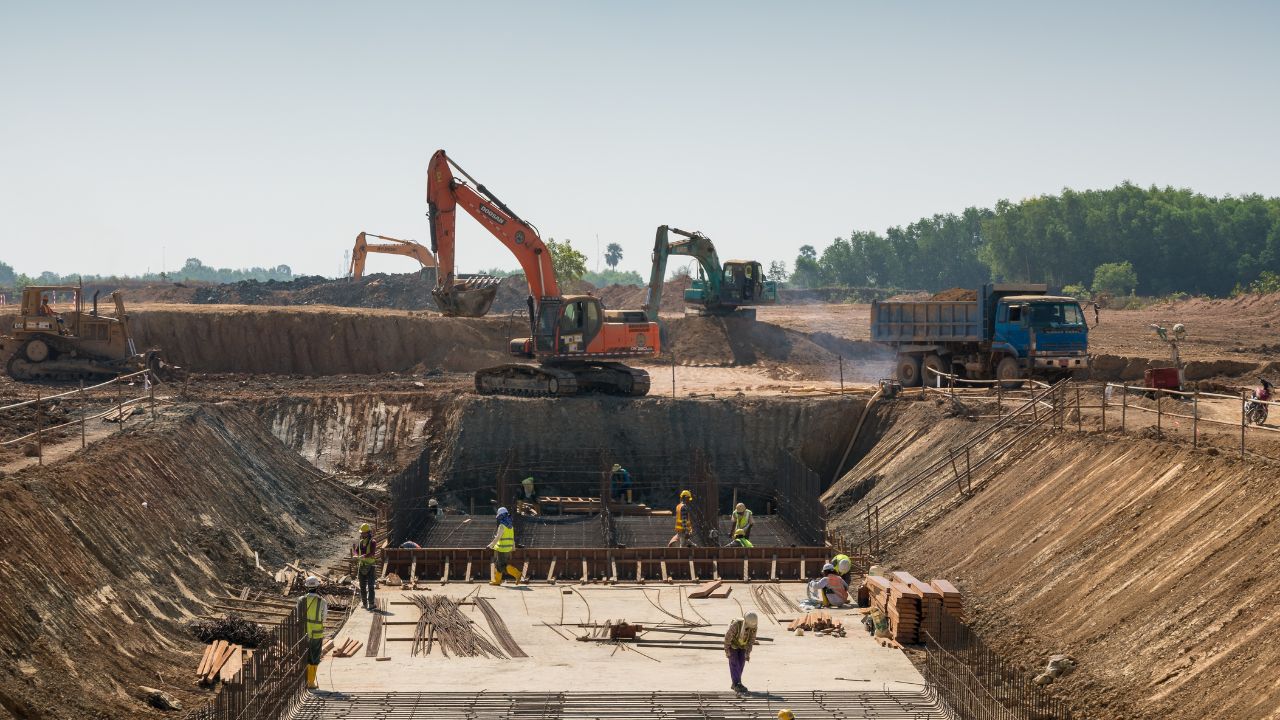- Homepage
- Plumbing
Licensed vs Unlicensed Plumbers: What’s the Real Difference?
Leading provider of plumbing installation services
Plumbing issues, from dripping faucets to sewer line problems, can disrupt daily life and lead to costly damage if not addressed properly. When choosing a plumber, the distinction between licensed and unlicensed professionals is critical. Licensed plumbers bring verified expertise, adherence to plumbing code compliance, and accountability, while unlicensed plumbers may offer quick fixes at a lower cost but with significant risks. This guide breaks down the key differences in qualifications, quality of work, legal protections, and long-term value, empowering you to make the right choice for your plumbing needs.
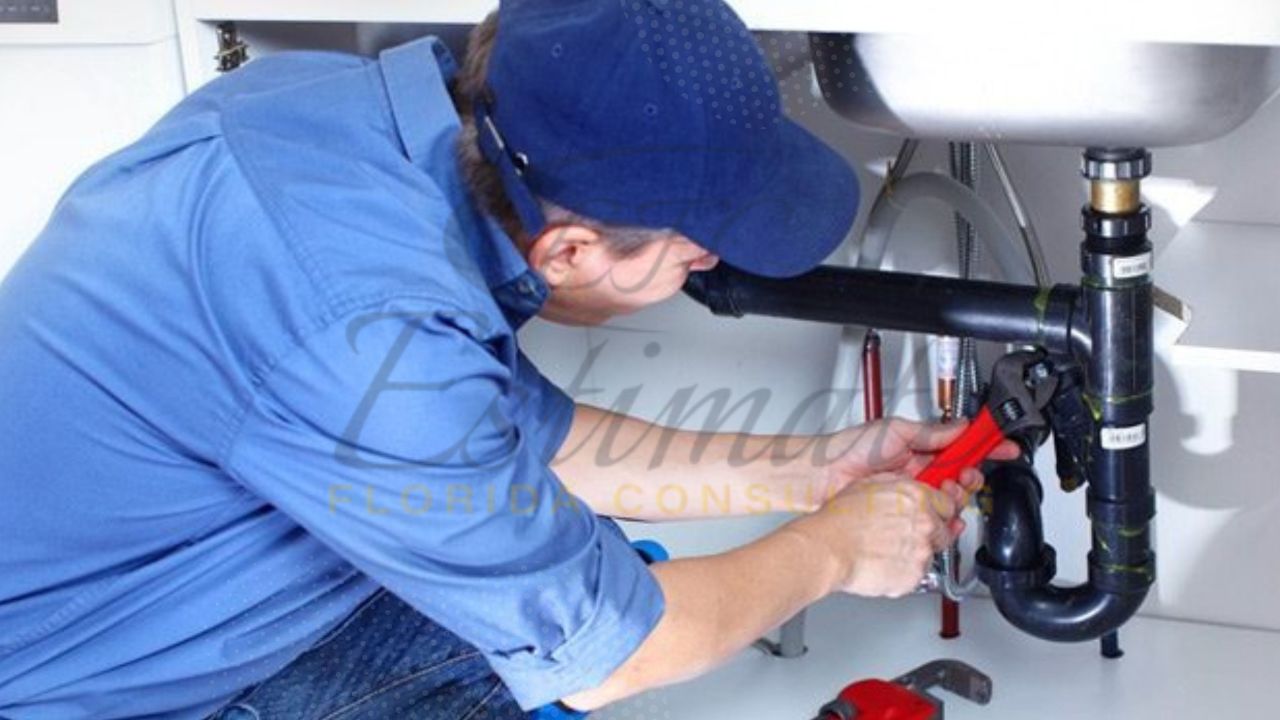
1. Qualifications and Training
Licensed Plumbers:
Licensed plumbers undergo rigorous training and certification processes to earn their credentials, ensuring they have the skills to handle complex plumbing tasks.
- Education and Apprenticeship: They complete formal education (often 2-4 years) and apprenticeships (4,000-8,000 hours of on-the-job training) under experienced professionals.
- Certification: They pass state or local licensing exams, testing knowledge of plumbing codes, safety practices, and technical skills like pipe installation and water heater maintenance.
- Specializations: Many hold certifications in areas like commercial plumbing, backflow prevention, or medical gas systems, making them versatile for diverse projects.
Unlicensed Plumbers:
Unlicensed plumbers may have some experience but lack formal training or credentials, limiting their ability to handle complex issues.
- Self-Taught or Limited Experience: They often rely on informal learning or short-term jobs, which may not cover advanced topics like sewer line repairs or pipe corrosion prevention.
- No Standardized Testing: Without licensing exams, there’s no guarantee they understand local codes or safety standards.
- Narrow Skill Set: They may excel at basic tasks like unclogging drains but struggle with intricate systems or emergency plumbing services.
Why It Matters: Licensed plumbers’ extensive training ensures they can diagnose and fix issues like low water pressure or burst pipes accurately, reducing the risk of recurring problems.
Example: A licensed plumber can properly install a tankless water heater, ensuring correct pressure and venting, while an unlicensed plumber might overlook critical steps, leading to leaks or inefficiencies.
90% More Chances to Win Plumbing Bids with
Our Estimate!
2. Plumbing Code Compliance
Licensed Plumbers:
Licensed plumbers are well-versed in local, state, and national plumbing codes, ensuring all work meets legal and safety standards.
- Knowledge of Regulations: They understand requirements for pipe sizing, fixture placement, and backflow prevention, critical for passing inspections.
- Permit Handling: They secure necessary plumbing permits (costing $50-$500) and coordinate with inspectors, saving clients time and hassle.
- ADA and Industry Compliance: For commercial properties, they ensure fixtures meet accessibility or industry-specific standards (e.g., grease traps for restaurants).
Unlicensed Plumbers:
Unlicensed plumbers often lack familiarity with codes, increasing the risk of non-compliant work.
- Code Violations: Improper installations, like incorrect pipe slopes or unpermitted work, can fail inspections, leading to fines or rework.
- No Permit Knowledge: They may skip permits, exposing clients to legal issues or penalties.
- Limited Commercial Expertise: They may not know specialized requirements, risking non-compliance in businesses like medical facilities.
Why It Matters: Non-compliant work can delay projects, incur fines, or require costly corrections, especially in commercial plumbing projects or home renovations.
Consequence of Choosing Unlicensed: A failed inspection due to improper drainage installation could cost $1,000-$5,000 to fix, delaying occupancy permits.
Pro Tip: Always ask for proof of licensing and verify it with your state’s licensing board before hiring.
3. Quality of Work and Reliability
Licensed Plumbers:
Licensed plumbers deliver high-quality, reliable work backed by training and accountability.
- Precision and Standards: They use industry-standard materials (e.g., PEX or copper pipes) and techniques to prevent issues like leaky pipes or mold growth.
- Warranty and Guarantees: Many offer warranties on labor and parts, ensuring repairs last (e.g., 1-2 years for pipe repairs).
- Advanced Tools: They use tools like video inspection cameras or hydro-jetting for accurate diagnostics and efficient fixes.
Unlicensed Plumbers:
Unlicensed plumbers may cut corners, leading to subpar work and frequent issues.
- Inconsistent Quality: Without standardized training, their work may lead to problems like running toilets or clogged drains soon after repairs.
- No Warranties: They rarely offer guarantees, leaving clients to cover costs for recurring issues.
- Limited Equipment: They may lack access to advanced tools, relying on outdated methods that take longer or cause damage.
Why It Matters: High-quality work reduces the need for emergency plumber calls and ensures long-term system reliability.
Example: A licensed plumber can resolve sewer smells by properly venting a drainage system, while an unlicensed plumber might misdiagnose the issue, leading to persistent odors.
Cost Estimate: Fixing shoddy work from an unlicensed plumber can cost $500-$10,000, depending on the damage (e.g., water damage from a burst pipe).
Get High-Quality 3D Rendering Today!
Transform your space with stunning 3D rendering that blends style, comfort, and functionality.
We Specialize in Both Residential and Commercial 3D Rendering Projects.
- Luxury Villas
- Apartment Complexes
- Modular Kitchens
- Bathrooms
- Office Buildings
- Shopping Malls
- Hospitals
- Hotels & Resorts
4. Insurance and Liability Protection
Licensed Plumbers:
Licensed plumbers carry liability insurance and workers’ compensation, protecting clients from financial risks.
- Liability Coverage: If a licensed plumber damages your property (e.g., flooding from a faulty pipe installation), their insurance covers repair costs.
- Workers’ Compensation: If they’re injured on the job, their insurance handles medical costs, not the client’s homeowner’s policy.
- Bonded Services: Many are bonded, offering additional financial protection for incomplete or defective work.
Unlicensed Plumbers:
Unlicensed plumbers often lack insurance, exposing clients to significant risks.
- No Liability Coverage: If they cause water damage or mold growth, clients may have to pay out of pocket for repairs.
- Injury Risks: If an unlicensed plumber is injured, clients could face legal or financial liability.
- No Bonding: Without bonding, there’s no recourse if the plumber abandons the job or delivers poor work.
Why It Matters: Insurance protects against unforeseen costs, ensuring peace of mind during plumbing repairs or installations.
Consequence of Choosing Unlicensed: A flooded basement from a botched pipe repair could cost $2,000-$20,000 to remediate, with no insurance to cover it.
Pro Tip: Request proof of insurance and bonding before work begins to confirm coverage.
5. Accountability and Professionalism
Licensed Plumbers:
Licensed plumbers are held to high professional standards and are accountable to licensing boards.
- Regulatory Oversight: They face penalties or license revocation for unethical practices, ensuring accountability.
- Professional Conduct: They provide detailed estimates, clear communication, and adhere to agreed timelines.
- Dispute Resolution: Clients can file complaints with licensing boards if issues arise, offering a formal resolution process.
Unlicensed Plumbers:
Unlicensed plumbers operate without oversight, increasing the risk of unprofessional behavior.
- No Accountability: Without a license, there’s no regulatory body to address complaints or shoddy work.
- Unreliable Service: They may overpromise, underdeliver, or abandon jobs, leaving clients stranded.
- Limited Recourse: Disputes are harder to resolve without formal channels, often requiring legal action.
Why It Matters: Professionalism ensures a smooth experience, from initial quotes to project completion, especially for complex tasks like water heater installation or sewer line repairs.
Example: A licensed plumber provides a written warranty for a sump pump installation, while an unlicensed plumber might disappear if the pump fails.
Get 5 New Projects in the Next 7 Days With Our System
6. Emergency Response and Availability
Licensed Plumbers:
Licensed plumbers often offer reliable emergency plumbing services, critical for urgent issues like burst pipes or sewer backups.
- 24/7 Availability: Many provide round-the-clock services, responding quickly to emergencies.
- Prepared for Crises: They have the tools and expertise to handle urgent repairs, minimizing damage.
- Business Advantage: For commercial properties, licensed plumbers ensure minimal downtime during emergencies.
Unlicensed Plumbers:
Unlicensed plumbers may not offer emergency services or lack the skills to handle urgent situations effectively.
- Limited Availability: They may not be available outside regular hours, delaying critical repairs.
- Inadequate Skills: They may struggle with complex emergencies, leading to incomplete fixes or further damage.
- No Backup Support: They often work alone, lacking the resources of established plumbing firms.
Why It Matters: Quick response to emergencies prevents water damage, mold growth, or business disruptions.
Cost Estimate: Emergency repairs by unlicensed plumbers can lead to $1,000-$10,000 in additional damage due to delays or errors.
Pro Tip: Confirm a plumber’s emergency response policy before hiring, especially for businesses with high water usage.
7. Long-Term Cost Savings
Licensed Plumbers:
While licensed plumbers may charge higher rates ($75-$150/hour), their work delivers long-term savings.
- Durable Repairs: High-quality work prevents recurring issues like leaky faucets or low water pressure.
- Energy Efficiency: They install water-saving fixtures or tankless water heaters, reducing high water bills.
- Preventive Maintenance: They offer advice on plumbing maintenance to avoid future problems.
Unlicensed Plumbers:
Unlicensed plumbers often charge less ($30-$80/hour) but deliver short-term fixes that lead to higher costs.
- Frequent Repairs: Poor workmanship can cause recurring issues, requiring multiple service calls.
- Inefficient Systems: They may install outdated fixtures, increasing utility costs.
- No Maintenance Guidance: They rarely provide tips to prevent issues like pipe corrosion or clogged drains.
Why It Matters: Investing in a licensed plumber reduces maintenance costs and enhances system longevity.
Example: A licensed plumber’s proper installation of a low-flow toilet saves 1.28 gallons per flush, cutting water bills by hundreds annually.
Cost Estimate: Licensed plumbers save clients $500-$5,000 over time by preventing repairs and improving efficiency.
Professional Contractor For Your Project?
8. Access to Specialized Services
Licensed Plumbers:
Licensed plumbers offer specialized services tailored to specific needs, from residential to commercial projects.
- Commercial Expertise: They handle high-capacity systems, grease traps, or medical-grade piping for businesses.
- Advanced Repairs: They perform complex tasks like hydro-jetting for clogged drains or trenchless sewer repairs.
- Eco-Friendly Solutions: They install water-efficient systems or greywater recycling for sustainability.
Unlicensed Plumbers:
Unlicensed plumbers typically focus on basic tasks, lacking the skills for specialized work.
- Limited Scope: They may only handle simple fixes like running toilets or dripping faucets.
- No Commercial Knowledge: They often lack experience with business-specific needs, like backflow prevention.
- Outdated Methods: They may not offer modern solutions like tankless water heaters or smart leak detectors.
Why It Matters: Specialized services ensure systems meet the unique demands of homes or businesses, enhancing functionality and compliance.
Example: A licensed plumber can install a backflow preventer for a restaurant, meeting health codes, while an unlicensed plumber might skip this critical step.
Additional Considerations
- Reputation and Reviews: Licensed plumbers often have verifiable reviews and references, while unlicensed plumbers may rely on word-of-mouth with no track record.
- Safety Standards: Licensed plumbers follow safety protocols, reducing risks like gas leaks during water heater repairs.
- Client Education: They provide guidance on preventing issues like frozen pipes or sump pump failure, empowering clients to maintain their systems.
Conclusion: Choose Licensed Plumbers for Peace of Mind
The differences between licensed and unlicensed plumbers are stark, impacting quality, safety, and cost. Licensed plumbers bring verified plumbing credentials, adherence to plumbing code compliance, and reliable emergency plumbing services, ensuring durable repairs and peace of mind. While unlicensed plumbers may tempt with lower rates, their lack of training, insurance, and accountability can lead to costly issues like water damage, mold growth, or failed inspections.
For homeowners and businesses, hiring a licensed plumber is an investment in quality, compliance, and long-term savings. Whether addressing leaky pipes, sewer line problems, or water heater installation, choose a licensed professional to protect your property and avoid the pitfalls of subpar work. Verify licensing, check insurance, and prioritize expertise—your plumbing system deserves nothing less.
Frequently Asked Question
Licensed plumbers have undergone formal training, passed exams, and follow plumbing codes. This ensures safe, reliable work that complies with legal and safety standards—unlicensed plumbers cannot offer the same level of protection or quality.
Unlicensed plumbers may perform work that violates building codes, lack insurance, and fail to provide warranties. This could lead to failed inspections, water damage, and costly repairs that are not covered by insurance.
Yes. Licensed plumbers carry liability insurance and often workers’ compensation, which protects homeowners if damages or injuries occur during the job.
Any major or code-governed task—such as sewer line repair, water heater installation, backflow prevention, or commercial plumbing—should only be performed by a licensed professional.
Yes. Licensed plumbers typically offer 24/7 emergency services and have the proper tools and knowledge to handle urgent issues like burst pipes or major leaks quickly and safely.
Comprehensive Trade-Specific Estimates
At Estimate Florida Consulting, we offer detailed cost estimates across all major trades, ensuring no part of your project is overlooked. From the foundation to the finishing touches, our trade-specific estimates provide you with a complete and accurate breakdown of costs for any type of construction project.
Our Simple Process to Get Your Estimate
Upload Plans
Submit your project plans, blueprints, or relevant documents through our online form or via email.
Receive Quotation
We’ll review your project details and send you a quote based on your scope and requirements.
Confirmation
Confirm the details and finalize any adjustments to ensure the estimate meets your project needs.
Get Estimate
Receive your detailed, trade-specific estimate within 1-2 business days, ready for your project execution.



Our Clients & Partners
We pride ourselves on building strong, lasting relationships with our clients and partners across the construction industry.
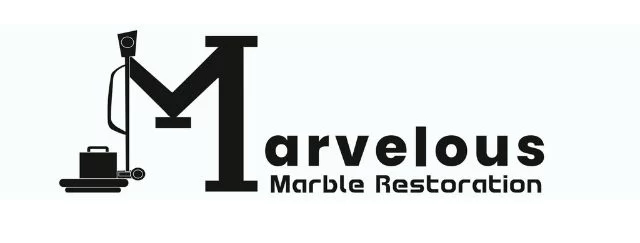


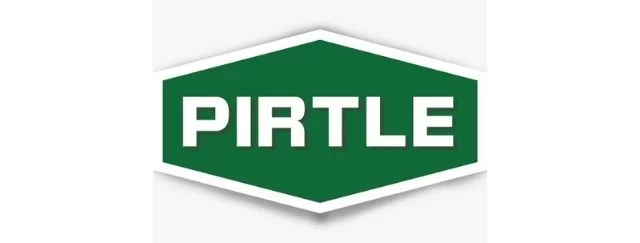

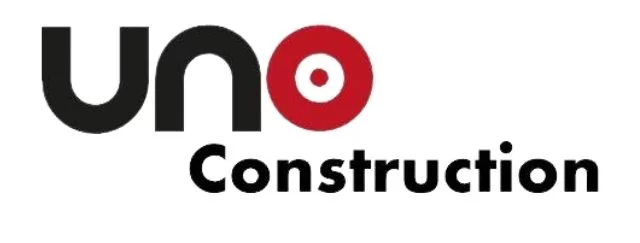
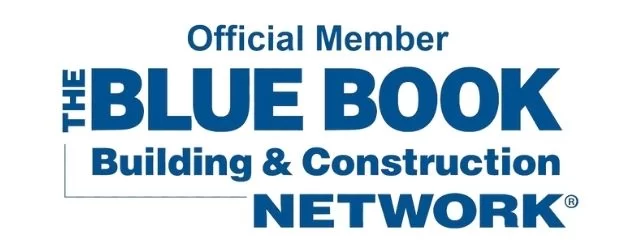
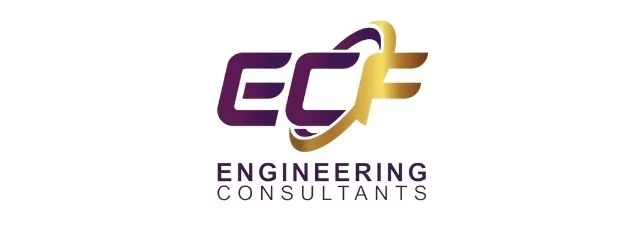
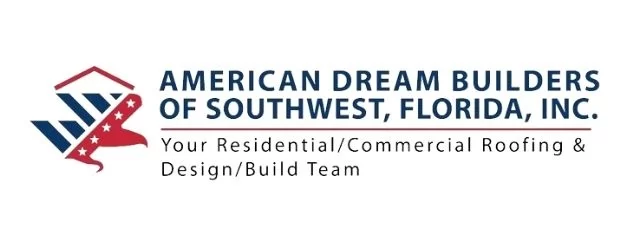


What Our Clients Say?
We take pride in delivering accurate, timely, and reliable estimates that help contractors and builders win more projects. Our clients consistently praise our attention to detail, fast turnaround times, and the positive impact our estimates have on their businesses.
Estimate Florida Consulting has helped us win more bids with their fast and accurate estimates. We trust them for every project!




